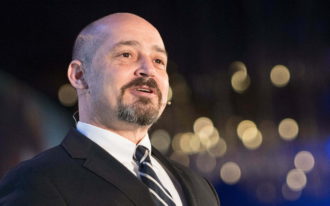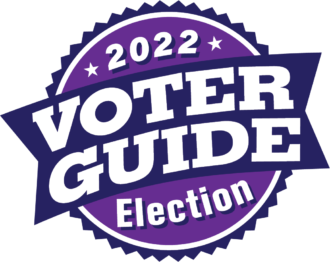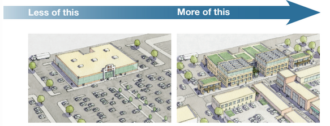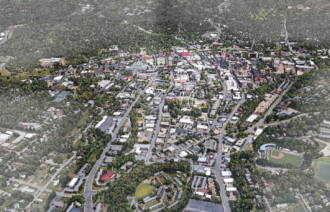Readers had a lot to say in 2022 about a host of local issues — from our region’s growth and development to the environment, homelessness and more.


Readers had a lot to say in 2022 about a host of local issues — from our region’s growth and development to the environment, homelessness and more.

“Our wealthiest households are not paying their fair share now, and these bonds will simply add to the inequity, asking disproportionately assessed lower-income households to continue to shoulder more than their fair share of the burden.”

“Our community faces two mounting crises that we must address in concert — housing affordability and climate change. We can do this by providing a wider range of housing options in and around Asheville and our other municipalities, while not contributing to sprawling development patterns that clear forested land, feed gridlock and increase auto emissions.”

“I see a strong relationship between affordable housing and open space because families who live in affordable housing need nearby and carefully designed open spaces.”

“Can we build affordable housing while we protect our rural communities? We can and should find ways to pursue both of these endeavors.”

“For the equivalent expenditure of about $20 per family per year, we can leave a land legacy of which our children and grandchildren will be both thankful and proud.”

In November’s general election, Buncombe County citizens will vote on two bond referendums that could together authorize up to $70 million in county borrowing for open space conservation and affordable housing projects.

“Please vote ‘Yes’ for the housing bond, which will support affordable homes for people serving our community.”

“Thanks to our representative Terri Wells’ leadership, we can make our voices heard on the matters of land conservation and affordable housing.”

“Take, for instance, objections recently raised in the Mountain Xpress to increased housing density, open-space reduction and infill construction.”

The city’s urban centers initiative, as well as updates to open-space requirements for new projects, are meant to encourage denser development patterns, supporting less car-dependent communities and increasing the city’s tax base.

Zoning may not deliver the same zing as other hot-button issues in a competitive election cycle, but it’s among the most crucial discussions Asheville leaders and residents face as the city grows. Each candidate has different ideas about what to do first.